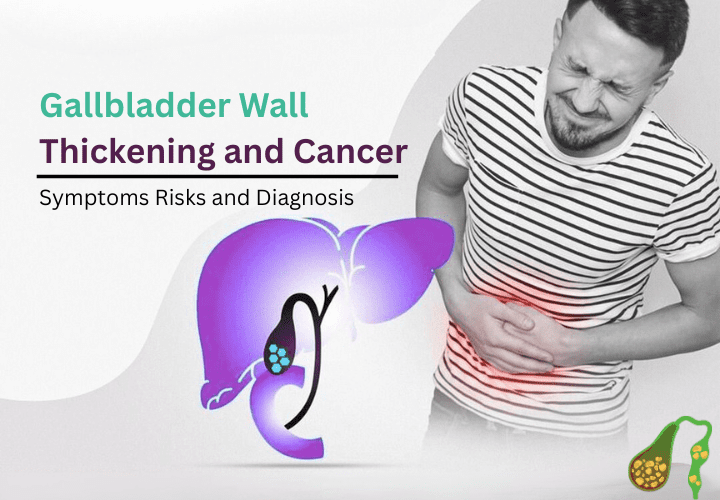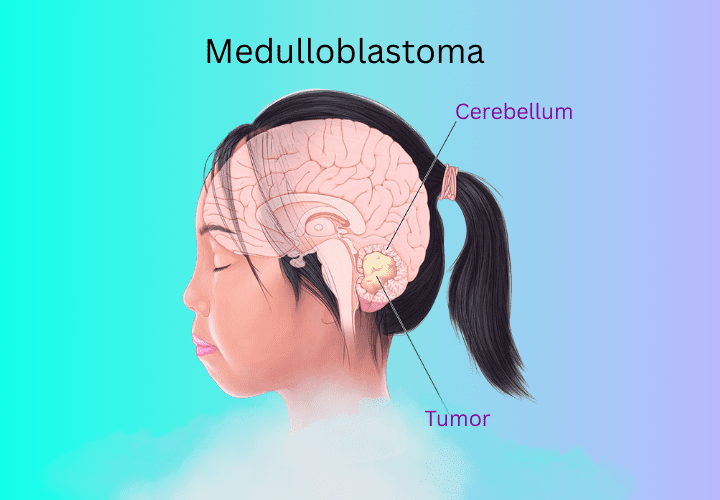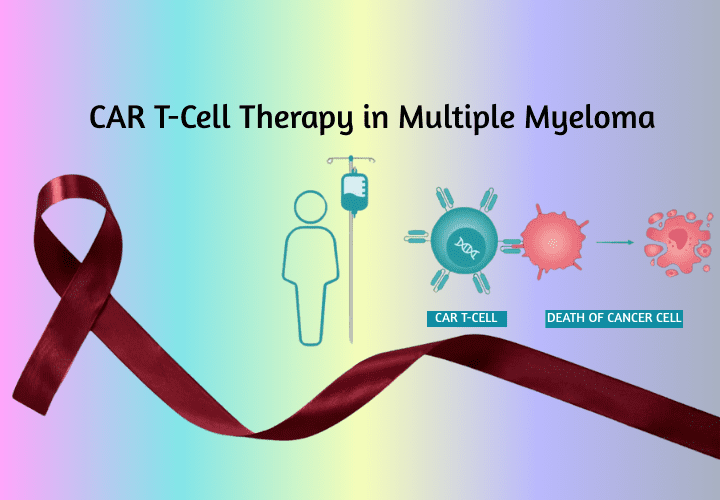Gallbladder Wall Thickening and Cancer: Symptoms, Risks, and Diagnosis

Gallbladder Wall Thickening and Cancer: Symptoms, Risks, and Diagnosis
- onco
- June 17, 2025
Gallbladder-related diseases are often overlooked until they present serious complications. Among the various conditions, Gallbladder Wall Thickening is a notable imaging finding that can point to both benign and malignant diseases. While inflammation or gallstones are often the cause, persistent or irregular thickening may signal gallbladder cancer—a rare but aggressive disease. Early detection is essential, and knowing the symptoms and risks can be life-saving. In this blog, we’ll explore the connection between gallbladder wall thickening and cancer, including symptoms, risk factors, and how it’s diagnosed. If you suspect any symptoms or have concerns, consult the best cancer doctor in Delhi for accurate diagnosis and timely treatment.
What is Gallbladder Wall Thickening?
The gallbladder is a small organ beneath the liver that stores and releases bile to aid in digestion. Under normal circumstances, its wall is less than 3 millimeters thick. When medical imaging like ultrasound, CT scan, or MRI reveals thickening beyond this range, it is termed Gallbladder Wall Thickening.
This condition is not a diagnosis by itself—it’s a sign that something may be wrong. The thickening can be uniform (diffuse) or irregular (focal). While it is commonly associated with inflammation (cholecystitis), infection, or gallstones, it can also indicate malignancy, especially when the thickening is asymmetrical or nodular.
Can Gallbladder Wall Thickening Indicate Cancer?
Yes, in certain cases, Gallbladder Wall Thickening may be a sign of gallbladder cancer. This is especially true if the wall thickening is irregular, associated with a mass, or extends into surrounding organs. Gallbladder cancer often remains undiagnosed until its advanced stages, which makes early imaging findings crucial.
Early-stage gallbladder cancer can be curable with surgery, but once it spreads, treatment becomes more complex. Therefore, if gallbladder wall thickening is detected on imaging, particularly in high-risk individuals, prompt evaluation by the best cancer doctor in Delhi is advised for proper assessment and intervention.
Common Causes of Gallbladder Wall Thickening
Before assuming malignancy, it’s important to understand the benign causes, which include:
- Acute or chronic cholecystitis (inflammation of the gallbladder)
- Gallstones (cholelithiasis)
- Liver cirrhosis
- Heart failure
- Hepatitis
- Kidney failure
- Systemic infections like typhoid
However, focal thickening—especially with associated gallbladder mass or liver invasion—is concerning for cancer.
Symptoms of Gallbladder Wall Thickening & Gallbladder Cancer
In the early stages, patients may not notice any symptoms. When symptoms do appear, they often mimic other gastrointestinal conditions. Symptoms that may be associated with gallbladder wall thickening and cancer include:
- Persistent upper right abdominal pain
- Nausea and vomiting
- Unexplained weight loss
- Jaundice (yellowing of the skin and eyes)
- Abdominal bloating or discomfort
- Fever or chills (suggestive of infection)
- Loss of appetite
If you’re experiencing any of these symptoms, especially with known gallbladder disease, consult a healthcare provider without delay.
Risk Factors for Gallbladder Cancer
Certain factors increase the likelihood of gallbladder wall thickening being malignant. These include:
- Chronic gallstones: Long-standing stones irritate the gallbladder wall and increase cancer risk.
- Porcelain gallbladder: Calcification of the gallbladder wall is a strong risk factor.
- Age and gender: Women over the age of 60 are at higher risk.
- Ethnic background: People from North India, South America, and Native American populations have a higher incidence.
- Family history of gallbladder cancer
- Chronic infections: Infections like Salmonella typhi can predispose the gallbladder to malignancy.
If you fall into any of these categories and are found to have Gallbladder Wall Thickening, you should seek expert oncological evaluation from the best cancer doctor in Delhi for further investigation.
Diagnosis: How is Gallbladder Wall Thickening Evaluated?
If imaging shows gallbladder wall thickening, further diagnostic work-up is essential to determine the cause. Diagnostic steps may include:
- Ultrasound (USG): Often the first test. It detects thickening, gallstones, and fluid around the gallbladder.
- Contrast-enhanced CT scan or MRI: Provides detailed images of the gallbladder and adjacent organs. Useful for detecting masses and determining the extent of disease.
- Endoscopic ultrasound (EUS): Can provide high-resolution images and assist in guided biopsy.
- PET scan: Helps in detecting spread (metastasis) in cancer cases.
- Liver function tests and tumor markers: These may support the diagnosis and provide clues about organ involvement.
If cancer is suspected, tissue biopsy or surgical removal may be advised for histopathological confirmation.
When to See a Cancer Specialist?
If gallbladder wall thickening is found incidentally or during evaluation of symptoms, don’t ignore it—especially if you have risk factors. While not every case is malignant, timely consultation with the best cancer doctor in Delhi can make a significant difference.
Top oncologists can provide advanced imaging, early diagnosis, and personalized treatment plans, including surgery, chemotherapy, or radiation therapy if required. Multidisciplinary cancer centers often provide better outcomes due to team-based care.
Conclusion
Gallbladder Wall Thickening is an important clinical finding that should not be dismissed, particularly in individuals with persistent symptoms or high-risk profiles. Although benign causes are common, the possibility of gallbladder cancer must be ruled out through proper evaluation and diagnostic imaging. Early detection is key, and consulting the best cancer doctor in Delhi can help ensure timely intervention, effective treatment, and improved survival outcomes.
If you or a loved one has been diagnosed with gallbladder wall thickening or is experiencing concerning symptoms, don’t wait. Seek expert advice and take proactive steps toward your health.
Recent Posts
-
Metastatic Squamous Neck Cancer: A Comprehensive Guide
June 11, 2025
-
Advances in Medulloblastoma Treatment for Children
May 30, 2025



